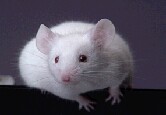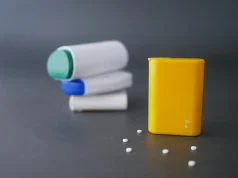Partial restoration of UQ levels, mitochondrial function can reverse disease phenotypes
WEDNESDAY, March 11, 2015 (HealthDay News) — Ubiquinone (UQ) does not act as an antioxidant in vivo, and partial restoration of UQ levels and mitochondrial function can reverse severe disease phenotypes and shortened lifespan, according to an experimental study published online March 6 in Nature Communications.
Noting that UQ has been implicated in mitochondrial electron transport, superoxide generation, and as a membrane antioxidant, Ying Wang, M.D., from McGill University in Montreal, and colleagues present a mouse model in which UQ biosynthesis can be interrupted and partially restored at will.
The researchers found that, in vivo, UQ did not act as an antioxidant, and its requirement for electron transport was lower than expected, even in mitochondria-rich organs. Severely depressed mitochondrial function due to UQ depletion did not acutely impair heart function. Furthermore, severe disease phenotypes and shortened lifespan could be reversed on partial restoration of UQ levels and mitochondrial function.
“This observation strongly suggests that the irreversible degenerative phenotypes that characterize ageing are not secondarily caused by the gradual mitochondrial dysfunction that is observed in aged animals,” the authors write.
Copyright © 2015 HealthDay. All rights reserved.








